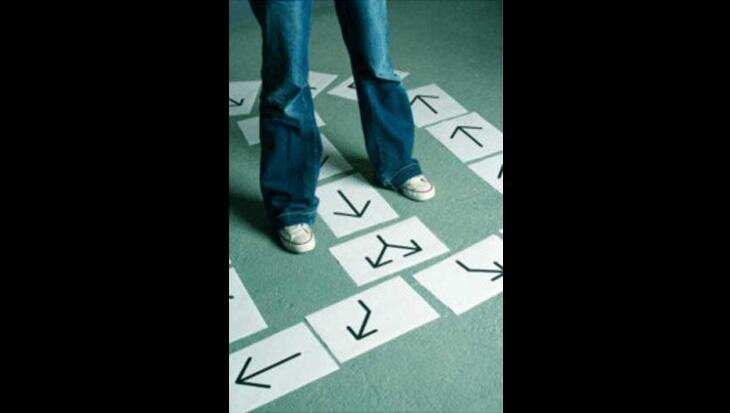Finding Your Purpose

Your purpose is highly dependent on what task you are going to do, and who your target audience are. Knowing your why requires a lot of self-knowledge and attention to detail. Since your life’s purpose is a broad area, you have to list down the specifics in order to narrow it down appropriately. Here are some things to consider:
1. Know your strengths and weaknesses
You have to have a basic knowledge of where you’re good at. Look into your core gift. Are you a writer? Do you have a passion for dancing? Do you feel more a live when you’re molding and sculpting mud into something more meaningful and beautiful? You have to be familiar with your talents and skills because you have to be the master of your role or an expert in what you are offering.
2. Give what you have
In determining your purpose, you should have a particular goal or task in mind. What part are you going to play? What are you going to offer? If you’re a social activist, an example of what you could offer is: offering an environmental awareness talk for climate change mitigation. If you’re a piano teacher, your offer could be: offering 2-hour sessions to enhance little Michael’s gift of playing the piano. If you’re someone who is able to do many things, make sure that you know your why for each. Specify the role you’re going to take and what exactly you are going to offer.
3. What happens if your purpose changes?
Your why will definitely change over time. Your purpose when you were just about to start your career may differ from your purpose today. Don’t limit yourself to what you already know. Explore other options and interests. Learn new skills and develop existing ones. These will add to the diversity of your why. Just remember to keep them in line with your core gifts.
A starting speaker could have a purpose of encouraging laughter in the work environment. After years of developing a framework for this topic, it’s perfectly okay for him to expand it to related areas such as culture and leadership changes, and decreasing stress in the workplace by learning to enjoy work.
For each task, there should be a definite why. Keep it simple and direct to the point. You don’t have to do everything at once. Cut it down into smaller chunks. Let your role and audience dictate how you will present yourself. That’s the secret to unearthing your purpose.
.jpg)
